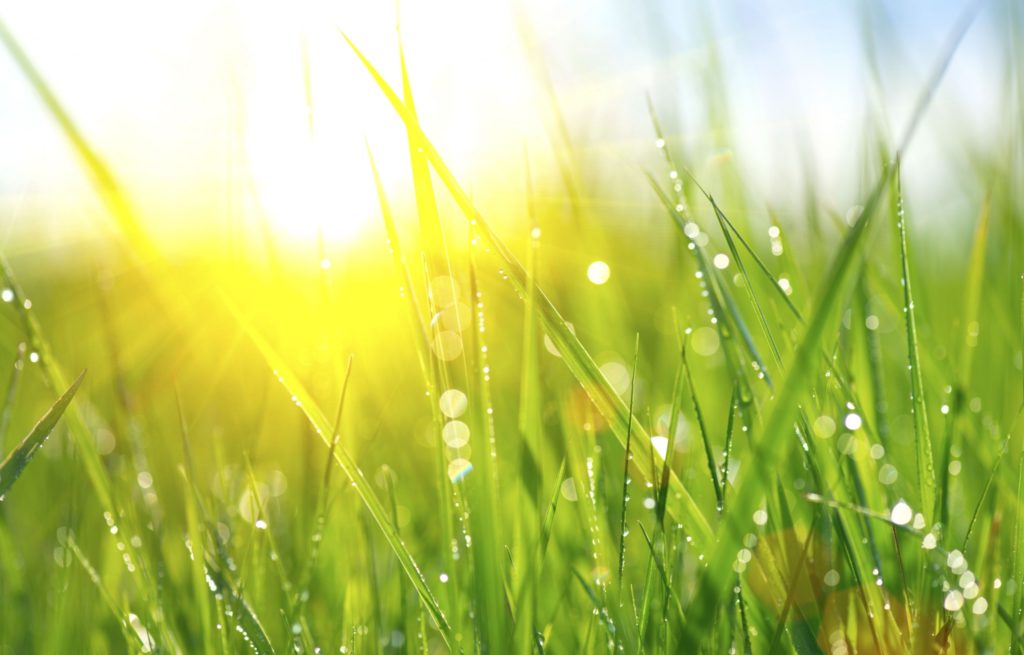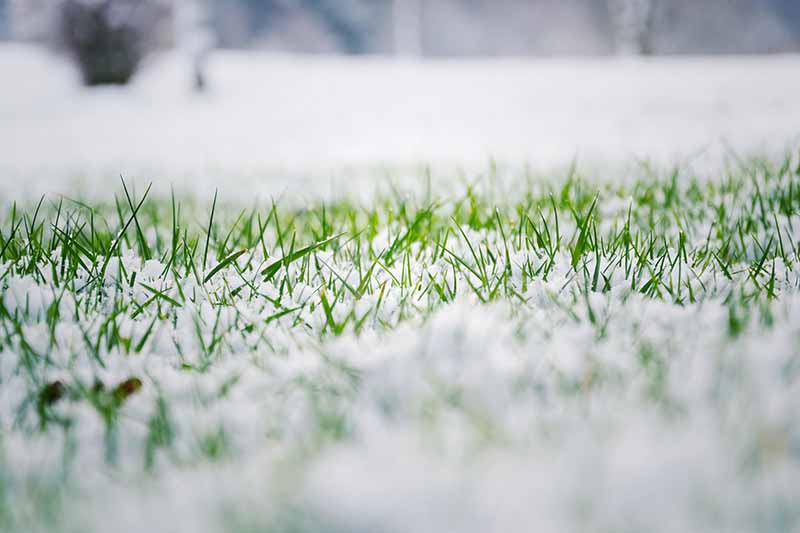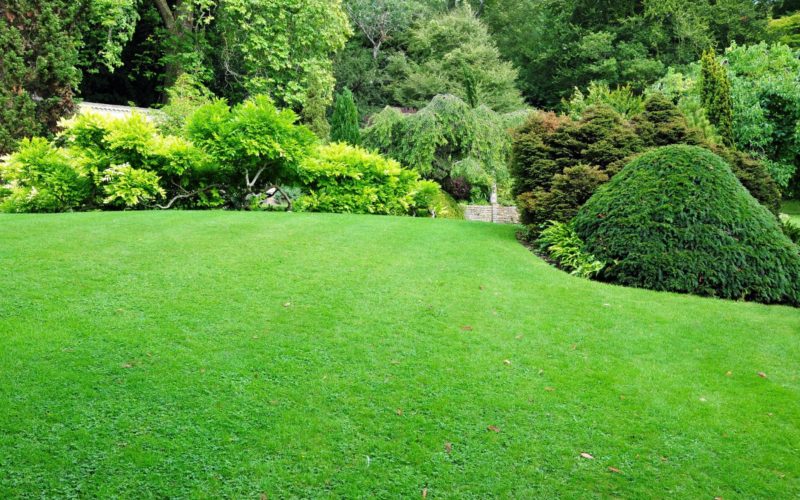Spring Lawn Care
- Tune Up
Now is the time to tune up your mower. It is important to change the oil, air filter, and spark plugs. Sharpen your mower blade often throughout the year for healthy, even cuts.
- Pull Weeds
Pull or spray weeds early before they produce seeds. This will minimize their presence later on.
- Aerate
Aeration removes cores of soil from the ground. This process enables air, water, and nutrients to reach the root system of the lawn resulting in a healthier and thicker lawn.
- Fertilize
A light application of fertilizer will help wake your lawn up after the winter. Too much can promote disease and weeds. Using a pre-emergent weed control in early spring will prevent seeds from germinating.
- Over Seed Bare Spot
Over seed any bare spots in your lawn. These spots are an open invitation for weeds, disease, and insects.
- Keep a Clean Slate
Keep your lawn clean. remove any debris including leaves. Debris can become a home for fungus, disease, and insects.

Summer Lawn Care
- Mowing Height
Never cut more than 1/3 of your grass at one time. Maintaining a tall lawn will discourage weeds and promote a healthier lawn. Maintain a height of 3-4 inches.
- Water Your Lawn
Most lawns require about one inch of water per week. remember to water deep but infrequently. It is also important to water your lawn first thing in the morning. Watering at night can create a breeding ground for fungus.
- Foot Traffic
Foot traffic is damaging to lawns. It causes compaction of the soil which can lead to bare spots, disease, and fungus.
- Sharpen Mower Blades
A sharp blade will make a clean cut instead of tearing the grass.
- Grass Clippings
Grass clippings produced after mowing are beneficial to your lawn. They add nutrients and help the lawn become healthier.

Winter Lawn Care
- Last Minute Care
Aerate the lawn to reduce thatch build up
- Fertilize
Fertilize one more time in late fall to give your lawn the nutrients it needs to survive the winter months.
- Stay off the Lawn
Walking on snow covered ground is not a big threat to your lawn. However, walking on wet grass left behind after snow melts can compact the soil. A frozen lawn cannot absorb being walked on as well as a summer lawn. Stay off the lawn as much as possible in the winter.
- Snow Maintenance
Avoid leaving large piles of snow on your lawn. These piles take a long time to melt which will cause mold to grow in your lawn.
- Tie Up Loose Ends
This is the perfect time to tune up the mower and research proper lawn maintenance.
